-62%
Understanding the Language of Childhood Health: Interpreting the Terms
In the realm of child health, specialized terminology is employed to convey crucial concepts and guide effective practices. This article delves into the meanings behind these terms, empowering readers with a deeper understanding of the nuances that shape this field.
1. Cohesive Approach:
This term signifies an integrated approach that weaves together various aspects of medical education and research, ensuring a comprehensive understanding of childhood health. It fosters collaboration among educators, researchers, and healthcare professionals, creating a synergistic environment that promotes knowledge sharing and impactful interventions.
2. Sustainable Approach:
Sustainability in child health encompasses long-term strategies aimed at ensuring the well-being of children both now and in the future. It prioritizes resource conservation, environmental awareness, and community empowerment to establish resilient healthcare systems that can withstand challenges and adapt to changing needs.
3. Ethical Approach:
Ethical considerations underpin all aspects of child health, safeguarding the rights and well-being of young patients. This approach emphasizes informed consent, privacy, confidentiality, and equity in healthcare access, ensuring that children receive care that aligns with their best interests and respects their dignity.
4. Global Health Education:
This term encompasses educational initiatives designed to equip healthcare professionals with the knowledge and skills necessary to address the health challenges faced by children in diverse settings, including under-resourced communities and conflict zones. It fosters cultural sensitivity, intercultural collaboration, and a deep understanding of the social determinants of health.
5. Global Health Research:
Global health research focuses on identifying and addressing health disparities between different regions and populations. It involves collaborative efforts to develop innovative interventions, improve healthcare systems, and strengthen research capacities in low- and middle-income countries, ultimately aiming to improve the health outcomes of children worldwide.
6. Substantive Approach:
Substantial approaches in child health emphasize the need for meaningful and evidence-based interventions that address the root causes of health problems. They prioritize empowering communities, promoting health literacy, and implementing targeted programs that are tailored to the specific needs of each child and their family.
7. Sustainable Approaches:
Sustainability in child health extends beyond research and education to encompass the implementation of long-term interventions that can be maintained and scaled up over time. These approaches aim to create self-reliant communities with the resources and knowledge necessary to ensure the well-being of their children.
8. Effective Models of Research and Education:
This term refers to proven and effective methods for conducting and disseminating research and educational materials in the field of child health. These models prioritize accessibility, engagement, and practical relevance, ensuring that knowledge and resources reach those who need them most.
maybe you like these too:
- 21st Century Global Health Diplomacy
- Forensic Psychiatry, An Issue of Child and Adolescent Psychiatric Clinics of North America (The Clinics: Internal Medicine) (Original PDF from Publisher)
- Cognitive – Behavioral Therapy in Youth, An Issue of Child and Adolescent Psychiatric Clinics of North America (The Clinics: Internal Medicine) (Original PDF from Publisher)
- Wong’s Essentials of Pediatric Nursing, 9e (Original PDF from Publisher)

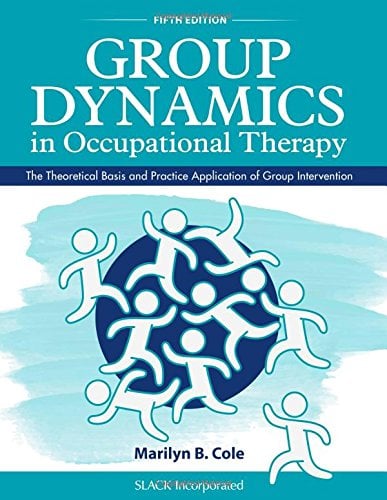


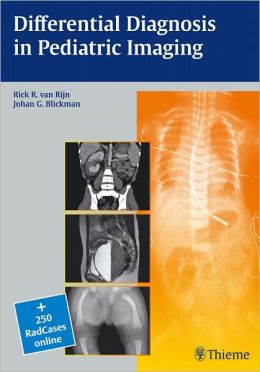
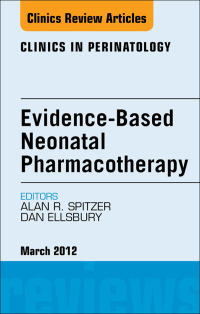
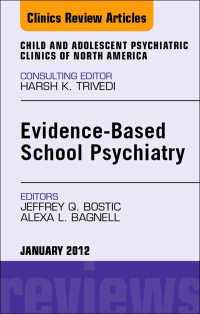
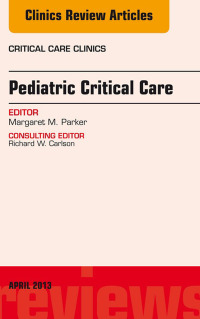

Reviews
Clear filtersThere are no reviews yet.